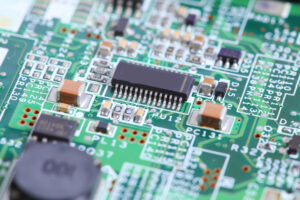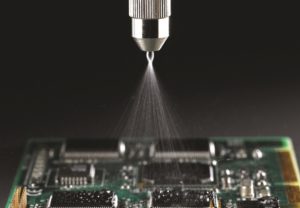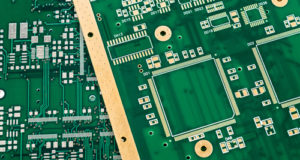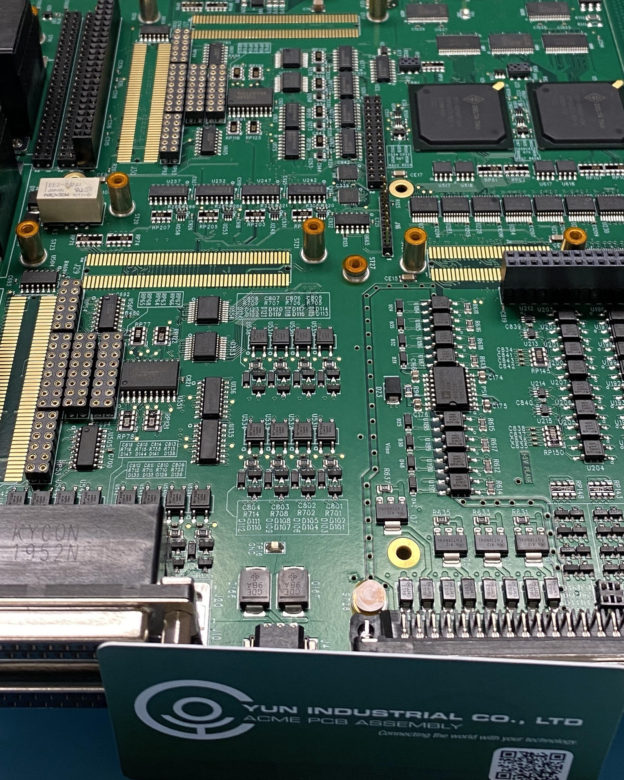As electronic devices become smaller, more complex, and more widely used across harsh environments, protecting the internal circuitry becomes essential. Conformal coating is one of the most effective ways to safeguard printed circuit boards from moisture, corrosion, dust, vibration, and chemical exposure. At Board Assembly, our conformal coating services provide long-lasting environmental protection for PCBs used in industrial, medical, commercial, and aerospace applications.
Conformal coating is applied as a thin polymer layer—usually acrylic, silicone, epoxy, or polyurethane—designed to “conform” to the PCB’s shape and provide a protective barrier. Even a microns-thin coating can significantly extend the life of electronics, making it ideal for equipment exposed to fluctuating temperatures, humidity, chemicals, or outdoor environments.
 Our process begins with thorough PCB cleaning, ensuring no contaminants interfere with adhesion. Depending on the project, we apply coatings using automated selective coating systems, brushing, spraying, or dipping. Complex assemblies with connectors, switches, or areas requiring masking are handled precisely, preventing material from covering critical contact points.
Our process begins with thorough PCB cleaning, ensuring no contaminants interfere with adhesion. Depending on the project, we apply coatings using automated selective coating systems, brushing, spraying, or dipping. Complex assemblies with connectors, switches, or areas requiring masking are handled precisely, preventing material from covering critical contact points.
Different coating materials offer unique benefits. Acrylic coatings provide excellent moisture resistance and are easily repairable. Silicone coatings offer high-temperature stability and flexibility, making them ideal for automotive and aerospace electronics. Polyurethane coatings offer strong chemical and abrasion resistance. Epoxy coatings provide rigid, highly durable protection for severe industrial environments.
After application, boards are cured under controlled conditions. Our team verifies coating thickness, coverage, UV traceability, and masking accuracy to ensure full compliance with IPC-CC-830 standards. For assemblies requiring additional protection, conformal coating can be paired with potting and encapsulation services for deeper environmental sealing.
Conformal coating is especially valuable for industries such as renewable energy, automotive, marine, and industrial automation, where electronics face constant stress. By protecting circuits from corrosion and premature failure, companies reduce maintenance costs, extend equipment lifespan, and increase product reliability.
Learn more about our conformal coating services:
https://boardassembly.com/conformal-coating-service/

 What Is Conformal Coating?
What Is Conformal Coating?



